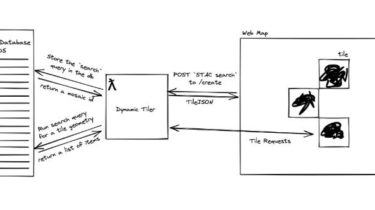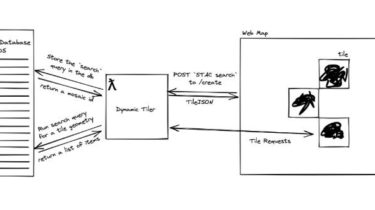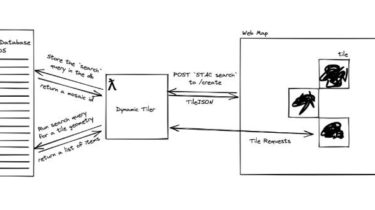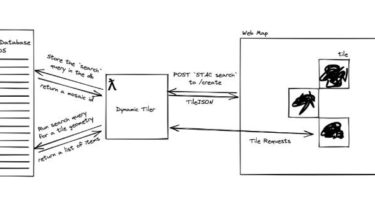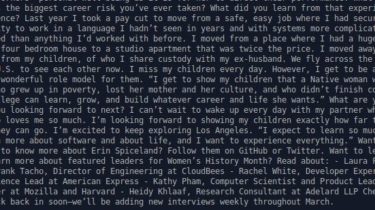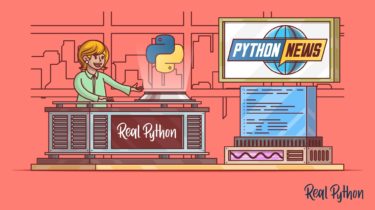Variational Attention: Propagating Domain-Specific Knowledge for Multi-Domain Learning in Crowd Counting
ICCV 2021 Variational Attention: Propagating Domain-Specific Knowledge for Multi-Domain Learning in Crowd Counting Baseline of DKPNet is available. Currently, only code of DKPNet-baseline is released. In fact, MSE in our paper is equivalent to RMSE in academic papers. Please use the word RMSE instead of MSE when refering to the corresponding numerical values in our paper. We are sorry for the mistake and can do nothing to corret it after the camera-ready version deadline. Download the datasets ShanghaiTech A, ShanghaiTech […]
Read more